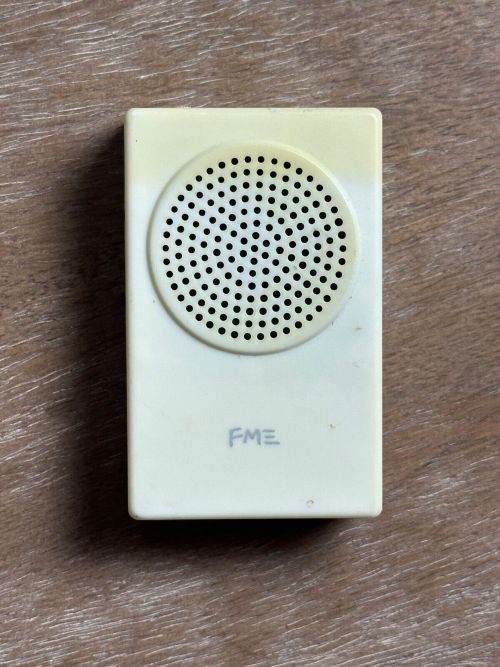Ninth Annual Book Clear-Out Day
Six Simple Steps for Getting Rid of Books
- If it’s a treasured gift, keep it;
- If it’s unread and bought less than three months ago, keep it;
- If it’s a favourite you re-read often, keep it;
- If it’s borrowed from someone else, return it;
- Everything else, send to the charity shop;
- On March 1st every year, repeat the process.
Goodnight, G3
Last weekend, on my first Saturday off in too many weeks, two iMacs G3 disintegrated in my hands. There was nothing I could do; they were too old, too frail, too well-travelled to survive even this most delicate of handling.
Both had given good service to their original owners, countless hours of the peaceful, fanless computation that ultimately doomed them. In the end, more than twenty years after they were made, even my gentlest touch unleashed a snowstorm of beige flakes, painfully visible through cracking candy plastics.
When it became apparent that neither could be saved – as the fruit-colour shells themselves split apart along hairline cracks and precision-moulded stress points – I salvaged what I could. It wasn’t much: a couple of speaker housings, a 700 MHz motherboard, the small Apple logos from the top. The CRTs went to “e-cycling”; the rest, landfill.
As I swept up grains of plastic from the laminate, I realised that this didn’t so much mark the end of an era as mark my acceptance that the era had long ended. It had happened already, some years ago, and I was just slow to acknowledge it.
As sad as it is, I realise it’s past time to concede that these computers are long past their usefulness as anything other than objets d’art or retro-computing curiosities. The internet has long left them behind, even despite the Herculean efforts of one dedicated fan.
Any task that can be accomplished on them is either one done using abandoned software, done to use abandoned software,1 or done on the nerd-equivalent of a masochism. Once a common trope, I haven’t seen a blog-post about using a PowerPC Mac exclusively for a month2 in probably ten years.
Even as I consign them to memory and retirement as attractive curios, it feels important to mount one last defence of the iMac G3 and its contemporaries. It was, on a public note, the Computer That Saved Apple. (Others – many, many others – have written about this so I won’t go into detail; Six Colors does a good job.)
But I can write about these personally, from my own perspective. These were machines of startling longevity. They remained useful, productive computers, with current software, for over half a decade in an era when an 18 month lifespan wasn’t unusual. A writer and academic I knew wrote on his original iMac (no G3; they were just “iMac” when he got his) for nearly 20 years before it died and was retired.
A close contemporary of these machines, my own 466 MHz iBook G3, in its original graphite livery at that point, was my primary computer until mid 2008 when I eventually switch to an Intel MacBook Pro. The MacBook was a much better computer but a far worse object.
That iBook, now in Lime thanks to a friend’s dexterous transplant, existed alongside an iMac G4. The G4 was my first Mac, and one about which I’ve written about before, but it was on a TV stand in the living room, relegated mostly to media-watching and disc-burning.
The iBook, in contrast, was everywhere that I was: my first ever laptop, and the computer that transformed computing from a desk-and-chair activity to an everywhere activity. That old G3, at times pokey and with an increasingly whiny hard-disk, prefigured the current era of ubiquitous, totally connected computing that the iPhone took to its logical conclusion less than a decade later.
These G3 machines, for those of us who had the enterprise to find them late, and lacked the budget to abandon them early, spanned the era from intermittently connected to always connected. They carried me and others from the past into the present, and did so reliably, elegantly, and mostly silently.
And now that we’re delivered into the present, and they are no longer fit to carry us, it’s time to treasure the few that remain intact, functional, and beautiful. There’s no shame in retirement when so much has been achieved.
- Even I’m not immune to this. I would like, one day, to replay the first two Fallout games again on my beautiful Blue Dalmatian iMac. It seems appropriate to re-play them on a computer that could almost have existed in-game and resembles the one on which they were first played: projected at me as slightly ionised light from a deadly, high-voltage tube of glass and phosphor. ↩︎
- Demonstrating how far these beautiful, useless machine have fallen from the cultural memory, googling “using a g3 for one month” returns videos about some LG OLED TV. ↩︎
Whenever an institution makes the decision to start taking anonymous accusations seriously, you can bet the bureaucracy of that institution has already been captured by precisely the sort of people who are eager to abuse such a system. To anybody else without such a malicious intent, the hazards of anonymous accusations should be obvious.
Be very careful when seeking to reform such a system, because those you are trying to disarm will use those very same bureaucratic weapons to stop you.
— cld8483, on Hacker News, in a comment responding to this WSJ story.


